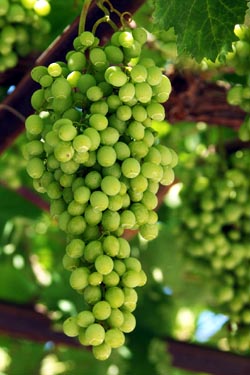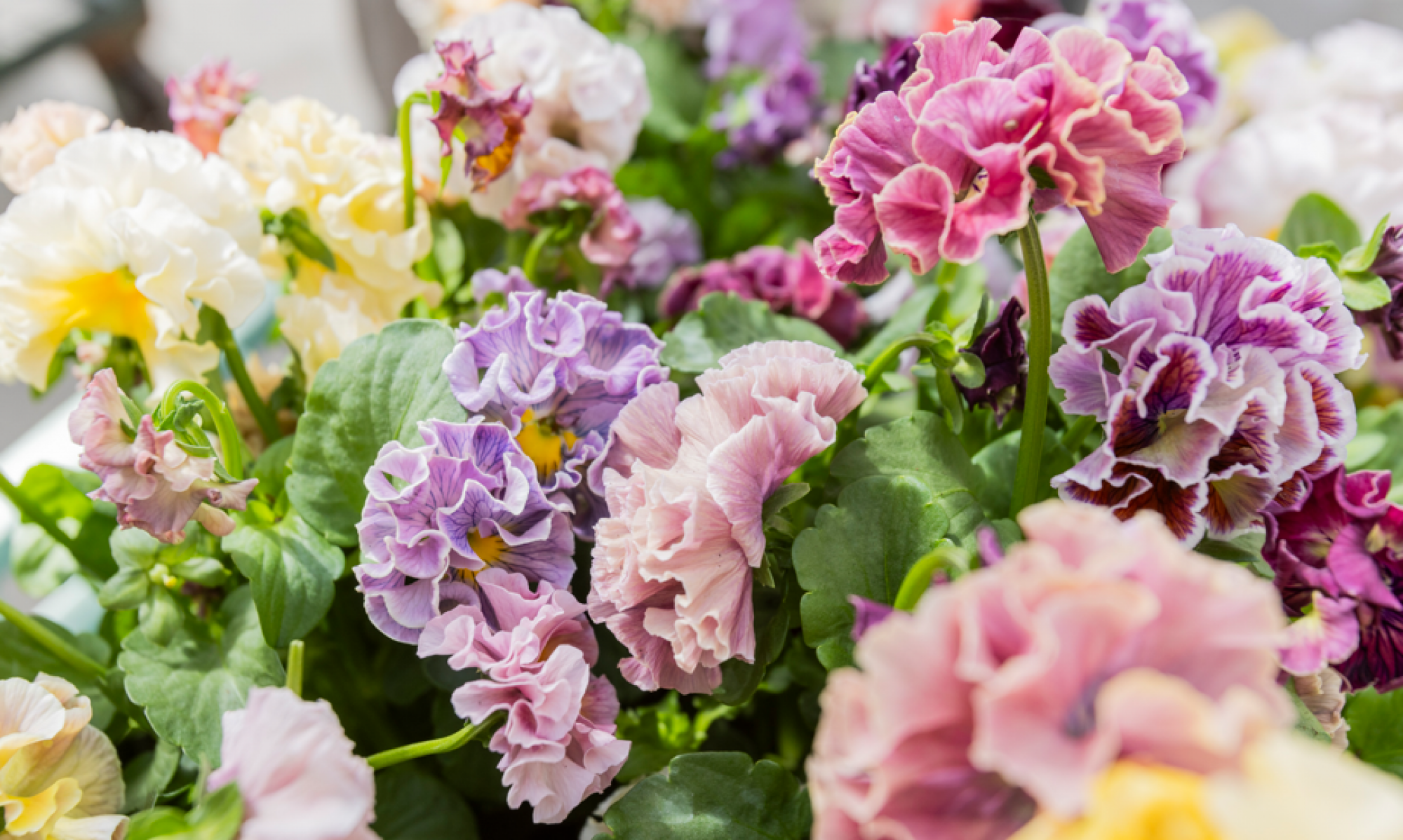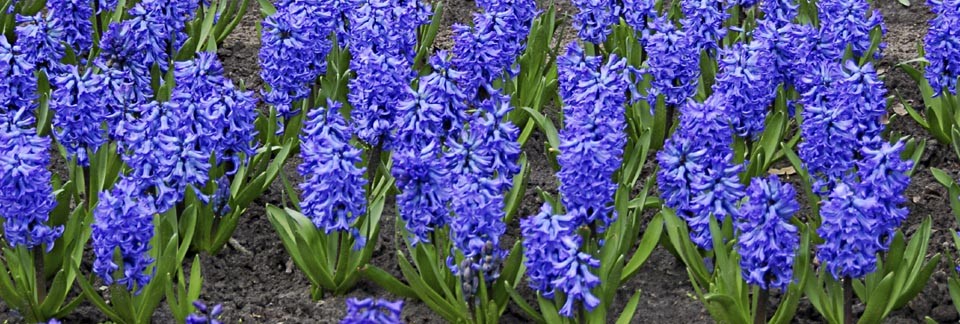Soil & Compost
 It’s a well-known fact that Colorado soils are not the ideal growing medium for most plants. In fact, 80 percent of plant problems are related to the soil. Your yard likely has heavy clay or sandy soil. In clay soils, organic matter (compost) increases soil aeration bringing more water and oxygen to your plant’s roots. In porous sandy soils, organic matter holds water and nutrients in place where the plant’s roots can actually use them. In both cases, organic matter provides food for soil microorganisms that help the roots take up nutrients. We have several soil amendments for you to choose from—plant based and manure based combinations. In general, for new garden beds, vegetable and annual gardens, you’ll want to cultivate organic matter into the top 6 to 8 inches of soil. After the first year, your perennial beds will thank you if you scratch compost in to the top 2 to 3 inches every year. How much to add depends on the product. Tell us what you’re planting, and we’ll guide you to the appropriate choices.
It’s a well-known fact that Colorado soils are not the ideal growing medium for most plants. In fact, 80 percent of plant problems are related to the soil. Your yard likely has heavy clay or sandy soil. In clay soils, organic matter (compost) increases soil aeration bringing more water and oxygen to your plant’s roots. In porous sandy soils, organic matter holds water and nutrients in place where the plant’s roots can actually use them. In both cases, organic matter provides food for soil microorganisms that help the roots take up nutrients. We have several soil amendments for you to choose from—plant based and manure based combinations. In general, for new garden beds, vegetable and annual gardens, you’ll want to cultivate organic matter into the top 6 to 8 inches of soil. After the first year, your perennial beds will thank you if you scratch compost in to the top 2 to 3 inches every year. How much to add depends on the product. Tell us what you’re planting, and we’ll guide you to the appropriate choices.
Your soil may also need other amendments, such as iron, potassium (potash) or calcium (free lime). We have all these amendments in our fertilizer section. If you suspect your soil is deficient in any nutrient, you can do a soil test using kits we have in the store or soil test kits from Colorado State University.
For container gardens and houseplants, we have sterilized bagged potting soil available. You’ll find it conveniently located by the exit door in the check-out area!
 Mulches
Mulches
Bagged rock and wood mulches are available in a variety of colors. We recommend that you cover bare soil with mulch to block weed seeds from germinating and to prevent water evaporation. In our dry climate, wood mulches are essential for keeping your plants well-hydrated. Besides, mulches add a nice finished look to your garden.
Pick-Up
When you come into the store, you’ll find all the soils and mulches displayed in the check-out area. After purchase, you’ll pick up your product in the West Lot.

